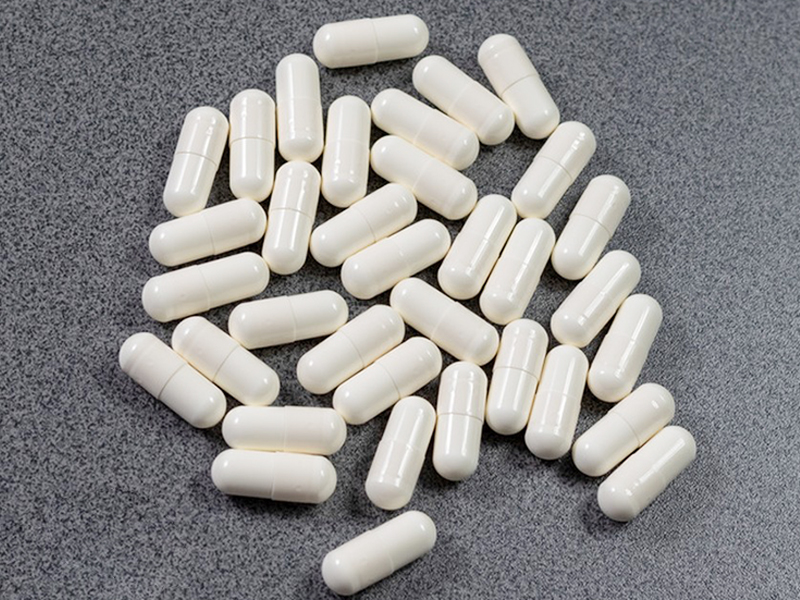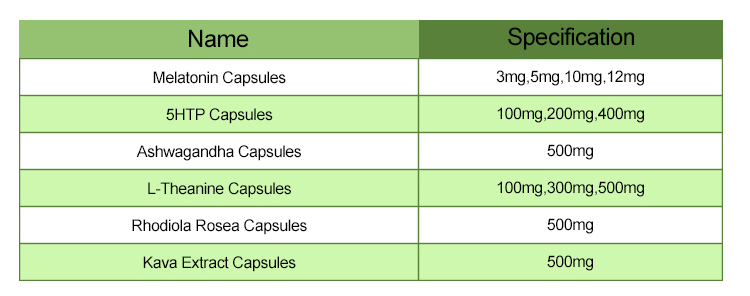L Theanine capsules typically contain L-Theanine as the primary active ingredient, along with some additional components that may vary depending on the brand and formulation. Here’s a breakdown of the basic ingredients you might find in L-Theanine capsules:
L-Theanine: This is the main active ingredient, an amino acid found primarily in tea leaves. It’s known for its calming and relaxing effects and is often used to reduce stress and anxiety.
Capsule Shell: Usually made from gelatin or a vegetarian alternative like cellulose, the capsule shell encloses the ingredients and facilitates ingestion.
Fillers: These are inert substances used to bulk up the capsule and ensure that the proper dosage of L-Theanine is delivered per capsule. Common fillers include rice flour, cellulose, or maltodextrin.
Anti-Caking Agents: To prevent clumping and ensure the consistency of the powder, anti-caking agents like silicon dioxide or magnesium stearate may be added.
Optional Additives: Some formulations may include additional ingredients such as vitamin C or B-vitamins for enhanced relaxation or energy support, respectively. These additives can vary depending on the intended purpose of the supplement.

It’s important to check the ingredient list and any accompanying information provided by the manufacturer to ensure that the product meets your dietary preferences and any specific health requirements you may have. Additionally, consulting with a healthcare professional before starting any new supplement regimen is advisable, especially if you have underlying health conditions or are taking medications.
The application of L Theanine Capsules
L-Theanine is a compound found primarily in tea leaves, particularly green tea, and is known for its potential calming effects. It’s often used as a dietary supplement for its supposed ability to promote relaxation without causing drowsiness. Here are some common applications of L-Theanine capsules:
Stress Reduction: L-Theanine is believed to promote relaxation by increasing levels of certain neurotransmitters in the brain, such as GABA, serotonin, and dopamine. This can help reduce feelings of stress and anxiety.
Improved Focus and Concentration: Some studies suggest that L-Theanine may enhance cognitive function, including attention and focus. When taken in combination with caffeine, it may promote alertness without the jittery side effects often associated with caffeine alone.
Better Sleep: While L-Theanine typically doesn’t induce drowsiness on its own, it may help improve sleep quality by promoting relaxation and reducing anxiety before bedtime.
Support for Mood Disorders: Some research suggests that L-Theanine may have potential benefits for individuals with mood disorders such as depression. It’s thought to modulate neurotransmitter levels in a way that could improve mood.
Combating Caffeine Jitters: L-Theanine is often used in combination with caffeine to mitigate the jittery effects of caffeine. This combination is popular in “nootropic” supplements designed to enhance cognitive performance.

Support for ADHD: While more research is needed, some preliminary studies suggest that L-Theanine may have benefits for individuals with attention deficit hyperactivity disorder (ADHD), potentially helping to improve focus and concentration.
General Well-being: Many people take L-Theanine simply to promote a sense of calm and well-being in their daily lives, especially in situations where they may encounter stress or anxiety.
When taking L-Theanine capsules, it’s important to follow the recommended dosage instructions on the product label or as directed by a healthcare professional. While L-Theanine is generally considered safe for most people, it’s always a good idea to consult with a healthcare provider before starting any new supplement regimen, especially if you have any underlying health conditions or are taking medication.
